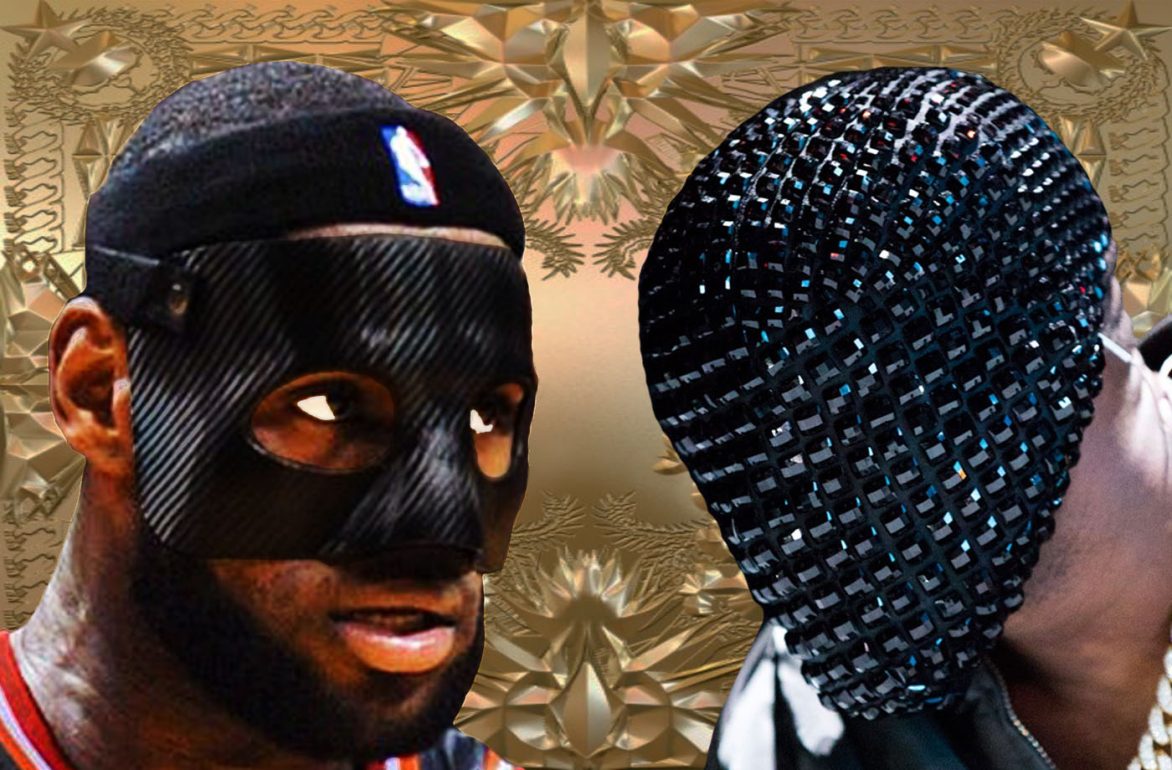On June 8th, 2010, the world watched with bated breath as LeBron James made an announcement – or rather a Decision – on ESPN as to where he would play the upcoming season. In the gym of a Greenwich Boys & Girls Club, not far from the sports networkâ€
“Iâ€
At that point, insiders had already leaked that LeBron James was headed to Miami to join the Heat, and editors had already written stories preparing to print based on any assumed destination.Â
While writers in the audience soaked in the moment to add color and commentary to the pieces theyâ€
See, only nine months prior, Kanye West had also taken to a televised stage and said something much of the world didnâ€
While LeBron spent the spring of 2010 deciding where to take his talents and who to team up with, Kanye worked tirelessly with a slew of collaborators trying to save his own career.
In the months that followed, the same hate that hit Kanye would wash all over LeBron.
As someone who wanted to, and typically was, liked, King James saw his jerseys burned in Cleveland while the same network that paid him to announce his decision denounced him on debate shows.Â
James leaned into his home that fall by launching the “South Beach†Nike LeBron 8, while Kanye released My Beautiful Dark Twisted Fantasy. Both pieces of art were layered with archival references and ostentatious craftsmanship, proving too powerful to look away from or not admire no matter how much you loved or loathed either of them at the time.
By the end of the album rollout and the end of LeBronâ€
Despite critical acclaim from music magazines and All-NBA accolades, Kanye was not nominated for a Grammy, and LeBron did not win a ring. The summer of 2011 had both battle-tested titans back in the lab looking to earn their industryâ€
For Kanye West, the top prize was Grammy Album of the Year, and the fear was losing his handle on the rap game to Drake. From friend to foe, the dual-threat Canadian sensation had mainstream marketability and an element of artistry that was scary enough to make Kanye and Jay-Z team up.Â
What was once thought to be an EP of loosies left off MBDTF became Watch the Throne, a state of the union address to the rap world that all Young Money MCs best tuck their whole summer in.
While the voicebox of Chicago had his eyes on Toronto, the heart of the city was challenging LeBron. At only 22 years of age, born and bred Bull Derrick Rose had won the 2011 NBA MVP and proven unfazed competition for the yet-to-mesh Miami Heat. After losing in the NBA Finals to the Dallas Mavericks and making himself look foolish after multi-championship claims, King James had to enlist the help of Hakeem Olajuwon for post moves in his attempt to climb back to the top.
He needed a soundtrack.
On August 8, 2011, Kanye West and Jay-Zâ€
From subliminal shots at Drake to more serious issues such as Black ownership, Chicagoâ€
Blasting through the Beats headphones of a focused King James, the fallen star in South Beach looked to reclaim the throne of his own through the help of his friends.
Throughout the 2011-12 NBA Season, LeBron James played perhaps the best basketball of his life, beating out D Rose for MVP honors and defeating the rising Russell Westbrook and Kevin Durant in the 2012 NBA Finals.Â
Not only did LeBron silence his haters by winning his first ring and defeating the next generation of stars while doing so, but he also doubled down on his greatness by winning an Olympic Gold Medal, another MVP, and a second NBA title all in the 12 months to follow.
Since the release of Watch the Throne ten years ago next week, LeBron James and Kanye West still stand as the most powerful and polarizing stars in their respective fields.Â
Their hives continue to support them no matter the move, while their haters have not gotten much kinder despite their accomplishments. Between politics and brand affiliations, LeBron and Kanye do not appear as close as they did at The Decision though both still reference each otherâ€
Love or hate them; the two have paved the way for the empowerment of the athlete and the creative, each becoming billionaires and filling up any arena they attend. In the court of public opinion, theyâ€
Through unpopular action, they found freedom and created the same climate for those who followed. By uprooting their industries, they endured hell to still claim the throne ten years later.
We guess thatâ€
